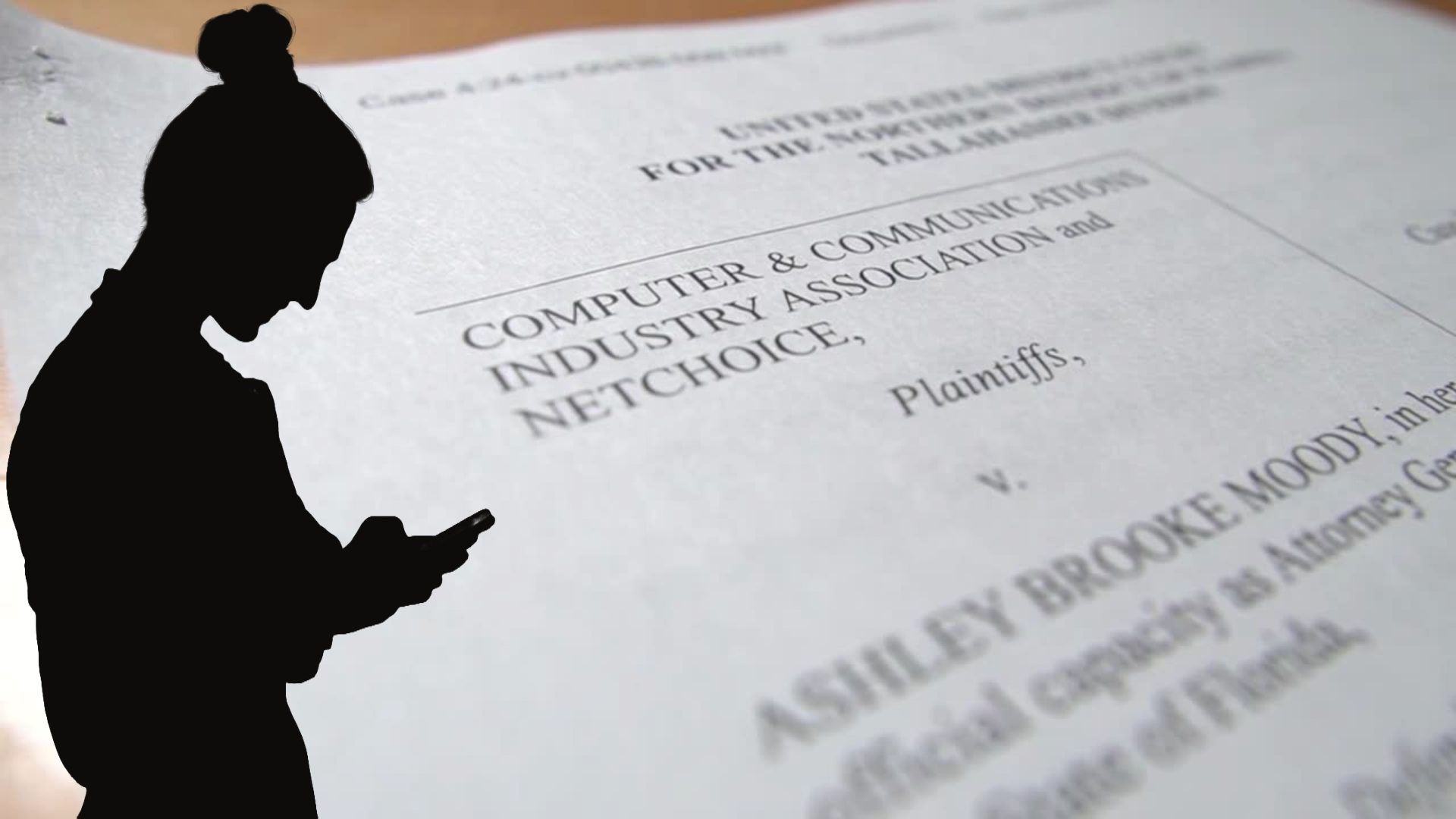By Ryder Navarra
Florida’s House Bill 3, signed into law by Governor Ron DeSantis, introduces strict regulations on social media usage for minors. The law bans children under 14 from having social media accounts and requires parental consent for 14- and 15-year-olds. Social media companies must verify users’ ages and face fines of up to $50,000 per violation if they fail to enforce the rules. Additionally, any personal data from deleted accounts must be permanently erased unless otherwise required by law.
Supporters of the bill argue that it protects young users from online dangers such as cyberbullying, inappropriate content, and social media addiction. House Speaker Paul Renner defended the legislation, stating, “This legislation is about safeguarding our children and giving parents more control over their digital lives.” Many parents and child safety advocates agree, saying the law will help limit kids’ exposure to harmful content and reduce the negative effects of excessive screen time.
However, the bill has faced strong opposition from digital rights groups and social media companies, who argue that it is unconstitutional and difficult to enforce. NetChoice and the Computer and Communications Industry Association have filed lawsuits to block the law, claiming it violates free speech rights and parental choice. Many teens also disagree with the restrictions.
“This legislation is about safeguarding our children and giving parents more control over their digital lives.”
House Speaker Paul Renner
“Banning kids from social media isn’t really going to fix anything,” said 15-year-old Chase Hurley. “Most of us use it to talk to friends or keep up with school stuff. If parents are worried, they should just set rules instead of taking it away from people who aren’t 16.”
Although the law officially took effect on January 1, 2025, its enforcement has been delayed due to ongoing legal challenges. A federal judge is set to hear arguments for a preliminary injunction in late February, which could determine whether the law moves forward or is struck down.
House Bill 3 has already sparked debates about digital safety, free speech, and government regulation of technology. If upheld, it could set a precedent for other states looking to impose similar restrictions. In the meantime, parents, students, and social media users in Florida are left waiting to see how the law will ultimately impact their online experiences.
Graphic made by Ryder Navarra





